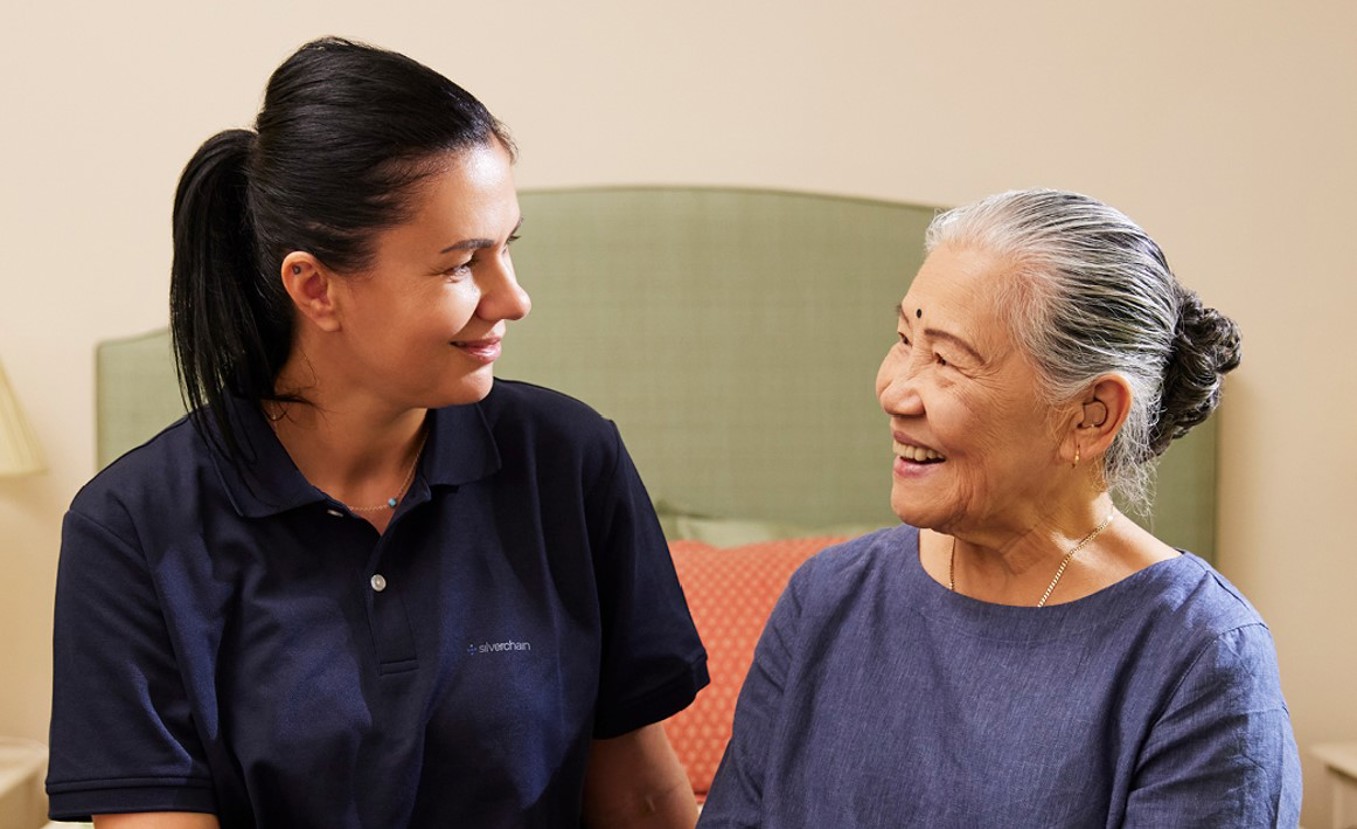Reducing depression in home-based aged care
04/05/2023

With more than one million Australians receiving in-home aged care, a lack of access to effective mental health treatments that meet their needs is a growing concern.
It is estimated that up to half of the older people who choose to age at home experience significant symptoms of depression but many lack accessible treatment options.
The project, called e-EMBED (Electronic - Enhanced Management of Home-Based Elders with Depression), has received funding from Aged Care Research and Industry Innovation Australia (ARIIA). It uses digital technologies to facilitate the delivery of effective psychological strategies to home care clients.
Swinburne University of Technology clinical geropsychologist Professor Sunil Bhar said the project builds on the partnership’s previous work that found older people were interested in using digital technologies to support their wellbeing.
“The design of the final product needs to be carefully planned together with people with depressive symptoms based on their preferences, level of digital literacy, and comfort using technology to improve their health and wellbeing.”
Silverchain Director of Research Discovery, Professor Tanya Davison says this is the first digitally enabled mental health intervention developed specifically for the home aged care setting.
“This project demonstrates our commitment to be leaders in home care internationally, provide an evidence base for effective care and to improve the care we offer to more than 115,000 clients each year.”














